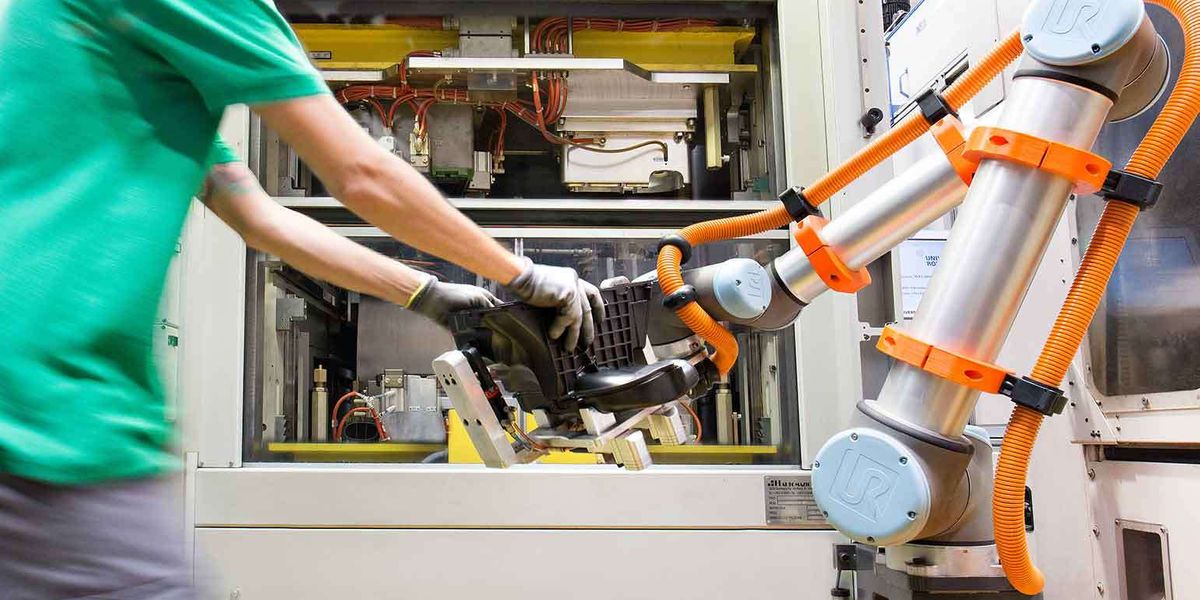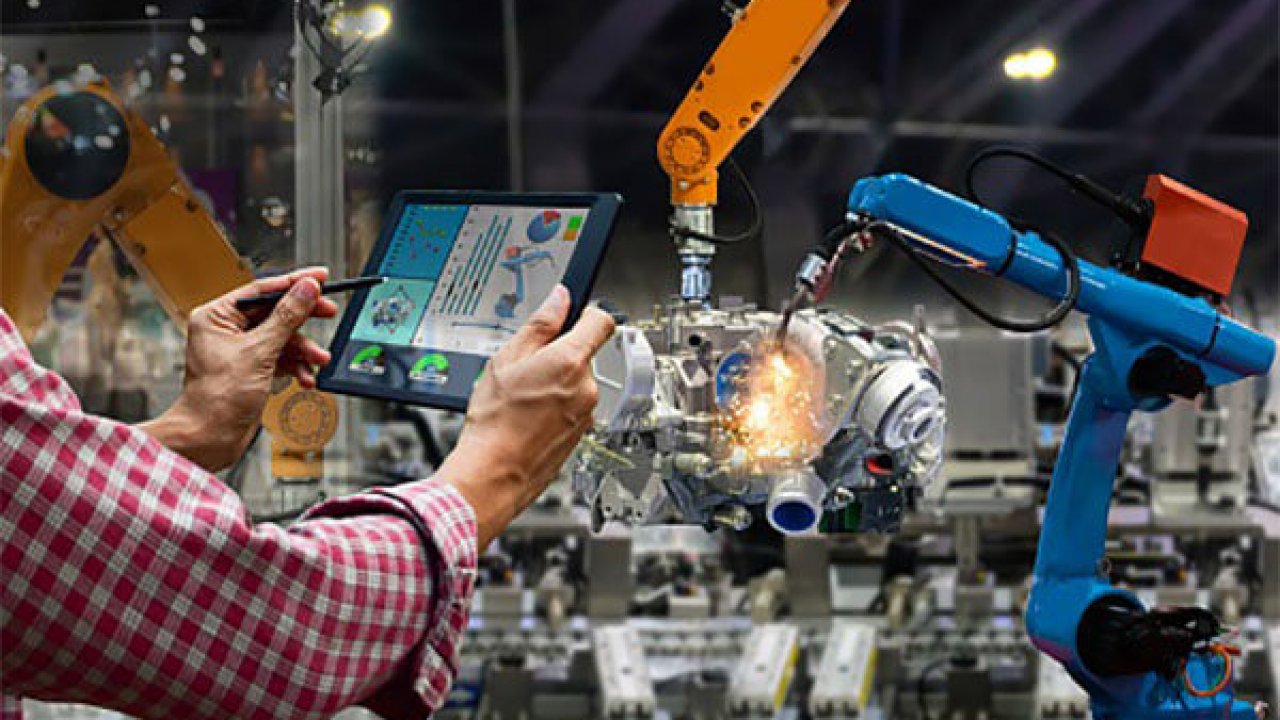In recent years, the manufacturing industry has experienced a profound revolution fueled by advancements in artificial intelligence (AI). This transformative technology has not only streamlined traditional manufacturing processes but has also opened up new opportunities for efficiency, productivity, and innovation. Let’s delve into six key ways AI is revolutionizing the manufacturing landscape.
Enhanced Predictive Maintenance
AI-powered predictive maintenance has become a game-changer in the manufacturing sector. By analyzing real-time data from sensors and machinery, AI algorithms can identify potential equipment failures before they occur. This proactive approach to maintenance reduces downtime, extends equipment lifespan, and optimizes maintenance schedules, ultimately leading to significant cost savings for manufacturers.

Smart Supply Chain Management
AI-driven supply chain management is another pivotal aspect transforming the manufacturing industry. Machine learning algorithms enable accurate demand forecasting, allowing manufacturers to maintain optimal inventory levels and minimize wastage. Additionally, AI facilitates efficient route planning and logistics optimization, reducing transportation costs and ensuring timely deliveries.
Quality Control and Defect Detection
AI-driven image recognition and machine vision technologies have significantly improved quality control in manufacturing. These systems can quickly inspect and detect defects in products during the production process, ensuring that only high-quality items reach the market. This level of quality control enhances customer satisfaction and brand reputation.
Autonomous Robots and Cobots
The integration of AI-powered autonomous robots and collaborative robots (cobots) has revolutionized production lines. These robots can handle repetitive and hazardous tasks with precision, speed, and accuracy, freeing up human workers to focus on more complex and creative aspects of manufacturing. The collaboration between humans and cobots not only boosts productivity but also enhances overall workplace safety.

Data-Driven Decision Making
AI’s data analytics capabilities empower manufacturers to make data-driven decisions at every level of the organization. By analyzing vast amounts of data, AI algorithms provide valuable insights into operational efficiencies, production trends, and market demands. This information enables manufacturers to optimize processes, reduce waste, and stay agile in a dynamic marketplace.
Product Design and Optimization
AI plays a critical role in product design and optimization. Using generative design algorithms, AI can explore numerous design possibilities, taking into account various constraints and requirements. This approach fosters innovation and leads to the creation of more efficient, lightweight, and sustainable products.

In conclusion, AI has brought about a transformative wave in the manufacturing industry. From predictive maintenance and smart supply chain management to autonomous robots and data-driven decision-making, AI has become an indispensable tool for manufacturers seeking a competitive edge. Embracing AI technologies not only boosts efficiency and productivity but also fuels innovation, making the manufacturing industry more dynamic and adaptive to changing demands. As AI continues to advance, we can expect even more groundbreaking developments that will reshape the future of manufacturing as we know it.












